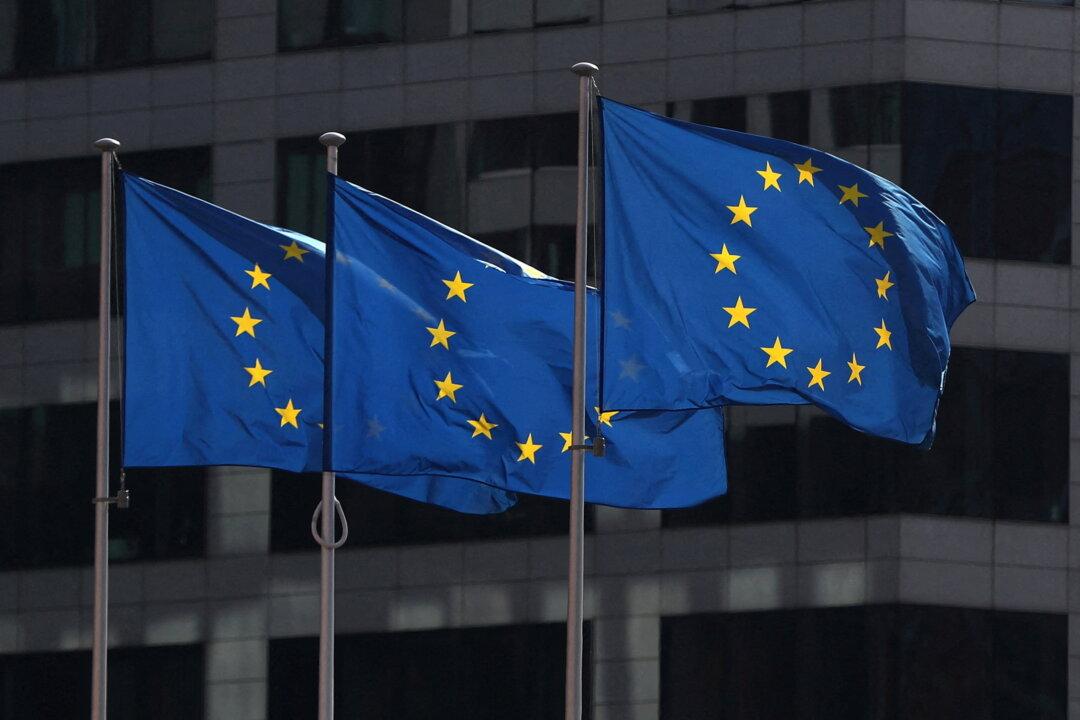The eurozone region maintained a “strong rate of growth” in March 2022, dropping only slightly from February’s five-month high despite a record surge in inflation, ratings agency S&P Global said in a recent report.
The seasonally adjusted S&P Global Eurozone PMI Composite Output Index in March 2022 was recorded at 54.9, slightly lower than 55.5 in February, indicating strong business activity across the eurozone.





